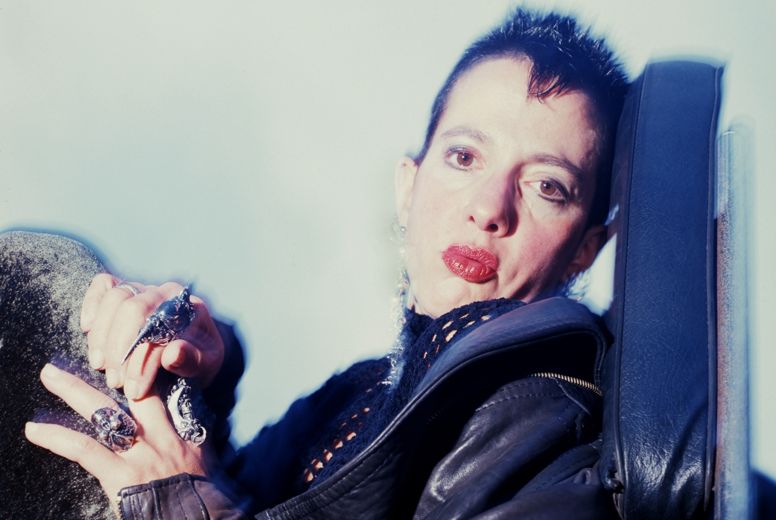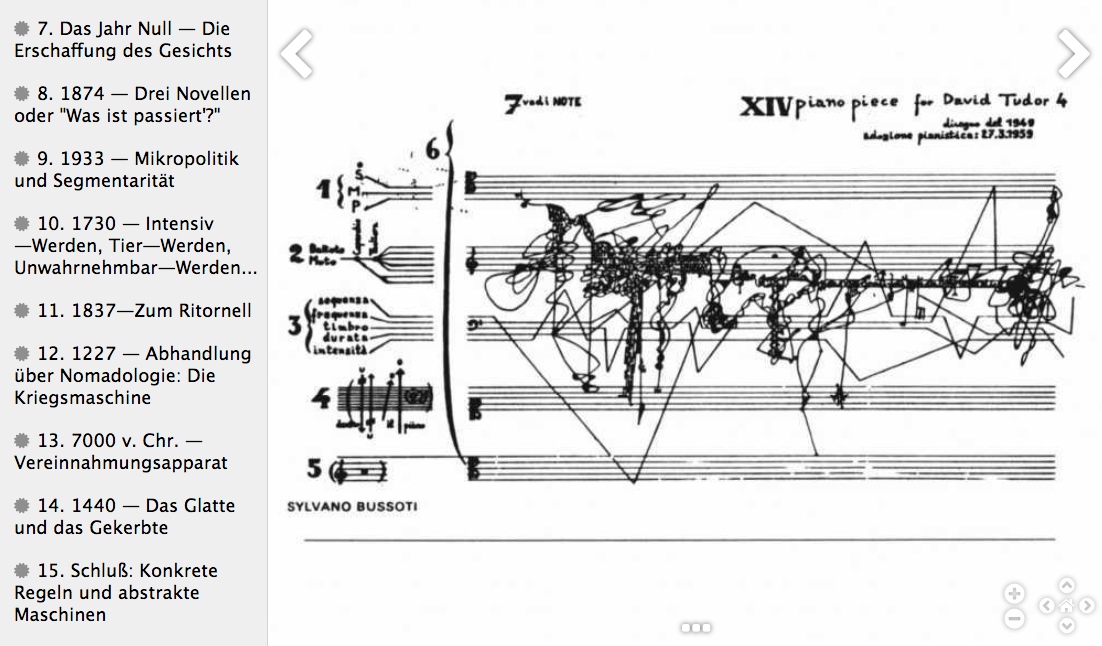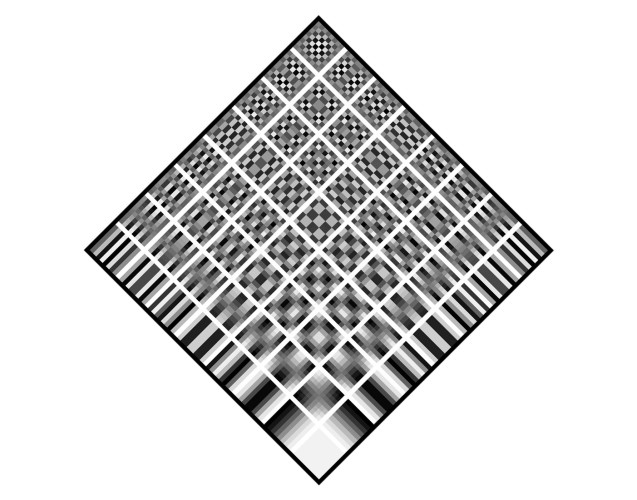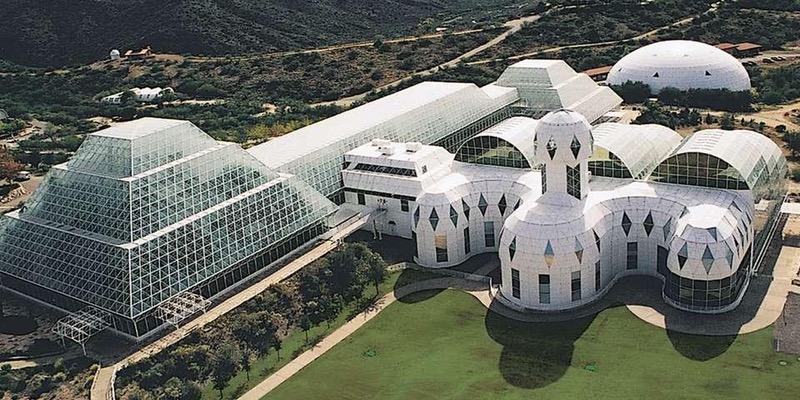News
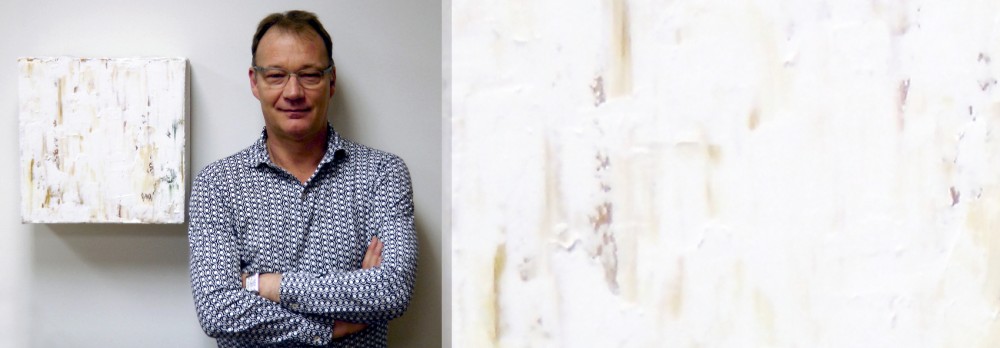
Friday 17th November, 6 – 8 pm
University of Westminster, 309 Regent Street, London W1B 2HW
Coming Out In/To Poetry
Professor Stephen Guy-Bray (University of British Columbia)
The Queer London Research Forum is hosting Stephen Guy-Bray for its first event this academic year. Professor Guy-Bray’s talk will address the idea that ‘[w]e all have coming out stories and we tend to think of them as personal and individual – our own property, our own history. But as we all have them, a coming out story can also be considered part of a vast communal project and, for poets, as a specifically literary project. In this talk Stephen Guy-Bray looks at two 20th-century poems (Luis Cernuda’s “Diré cómo nacisteis” and Adrienne Rich’s “A Valediction Forbidding Mourning”) and one 21st-century poem (Ocean Vuong’s “Someday I’ll Love Ocean Vuong”) in order to see how some poets have considered coming out as simultaneously personal and public.’
Stephen Guy-Bray is a specialist in Renaissance poetry and queer theory, with interests in poetics and in comparative literature. His publications include Against Reproduction: Where Renaissance Texts Come From (2009), Loving in Verse: Poetic Influence as Erotic (2006), and Homoerotic Space: The Poetics of Loss in Renaissance Literature (2002). Along with Joan Pong Linton and Steve Mentz he edited The Age of Thomas Nashe: Texts, Bodies and Trespasses of Authorship in Early Modern England (2013) and with Vin Nardizzi and Will Stockton, Queer Renaissance Historiography: Backward Gaze (2009)
Attendance is free but booking is mandatory, please register here: https://www.eventbrite.co.uk/e/coming-out-into-poetry-with-stephen-guy-bray-tickets-39191402540
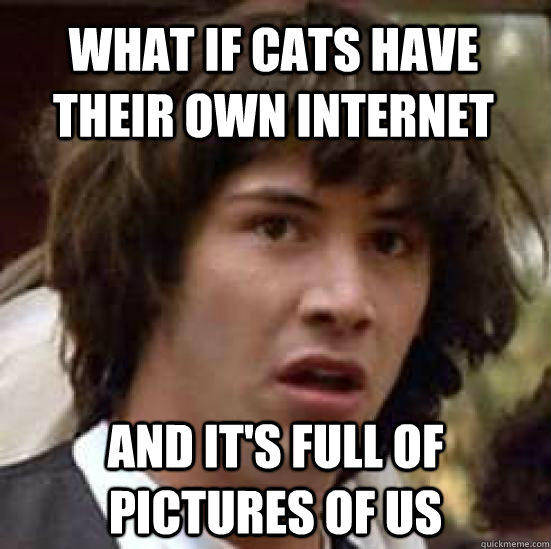
Wednesday 8th November, 5 – 7 pm
Room 206, University of Westminster, 32-38 Wells Street, London W1T 3UW
Digital Cultures: A Roundtable
Hosted by Westminster’s English Literature and Culture research series, and sponsored by the IMCC, this seminar will explore one of the most ubiquitous and at the same time elusive phenomena of contemporary culture: the experience of digitality.
Zara Dinnen is a Lecturer in Twentieth and Twenty-First Century Literature at Queen Mary, University of London and a founding executive committee member of the British Association of Contemporary Literary Studies. Her work focuses on representation of digital media in literary and popular culture. Her monograph, The Digital Banal, will be published by Columbia University Press in 2018.
Seb Franklin is a Lecturer in Contemporary Literature at King’s College London. His research includes literature, visual media, and media theory, especially histories of digital technology and cybernetics. He is the author of Control: Digitally as Cultural Logic (MIT Press, 2015).
Talita Jenman ran the Arts & Culture programme at ZSL London Zoo and has given talks at the National Gallery and Welcome Collection, among others, focusing on memetic culture and its relationship to animals. She is an alumna of MA Art and Visual Culture at Westminster.
Chaired by Kaja Marczewska (Westminster/IMCC)
All welcome – followed by drinks at the Green Man, Riding House Street.
Georgina Colby has a new article on Kathy Acker in the Times Literary Supplement this week and there is also a podcast. Follow the links:
https://www.the-tls.co.uk/podcast-freedom-books-flowers-moon/
Friday 3 November 2017, 7pm-9pm
The Parasol Unit Foundation for Contemporary Art, 14 Wharf Road, London, N1 7RW
Redell Olsen in conversation with Carolyn Pedwell
S A L O N – LONDON, a site for reading and responding to the present through women’s experimental writing, is pleased to announce its launch event, featuring Redell Olsen, who will be reading from two recent works, ‘Woolf / Apelles’ and ‘Atomic Guildswomen’, followed by conversation with Carolyn Pedwell.
Redell Olsen’s poetic practice comprises poetry as well as texts for performance, film and installation. Her publications include Film Poems (Les Figues, 2014), ‘Punk Faun: a bar rock pastel’ (Subpress, 2012), ‘Secure Portable Space’ (Reality Street, 2004), ‘Book of the Fur’ (rem press 2000), and, in collaboration with the bookartist Susan Johanknecht, ‘Here Are My Instructions’ (Gefn, 2004). Her work is included in Infinite Difference: Other Poetries by UK Women Poets (Shearsman, 2010), I’ll Drown My Book: ‘Conceptual Writing by Women’ (Les Figues Press, 2011) and Out of Everywhere 2: Linguistically Innovative Poetry by Women in North America & the UK (Reality Street Press, 2016). In 2017 she published two bookworks Smock and Mox Nox. She has also published a number of critical articles on contemporary poetry and the relationship between contemporary poetics and the visual arts. In 2002 she set up the influential MA in Poetic Practice at Royal Holloway which she still runs as part of the MA in Creative Writing. From 2006 – 2010 she was the editor of How2, the international online journal for Modernist and contemporary writing by women. In 2013-14 she was the visiting Judith E. Wilson fellow at the University of Cambridge. In 2016-17, in association with other members of staff from English and Modern Languages at Royal Holloway, she led the HARC funded project ‘Nature and Other Forms of That Matter’. She is Director of the Poetics Research Centre at Royal Holloway. redellolsen.co.uk
Carolyn Pedwell is Associate Professor in Cultural Studies at the University of Kent, where she is Head of Cultural Studies and Media. Carolyn has been Visiting Fellow at the Department of Gender and Cultural Studies, University of Sydney; the Centre for the History of Emotions, Queen Mary University of London; and the Gender Institute, London School of Economics. She is the author of Affective Relations: The Transnational Politics of Empathy (Palgrave, 2014) and Feminism, Culture and Embodied Practice (Routledge, 2010). Her new book, Transforming Habit: Revolution, Routine and Social Change, is under contract with McGill-Queen’s University Press. Carolyn is also an Editor of Feminist Theory journal.
S A L O N – LONDON is organized by Georgina Colby and Susan Rudy. The launch of S A L O N – LONDON has been funded by the Institute of Modern and Contemporary Culture at the University of Westminster, the Centre for Poetry, Queen Mary University of London, and the School of English and Drama, Queen Mary University of London.
Please register here: Eventbrite
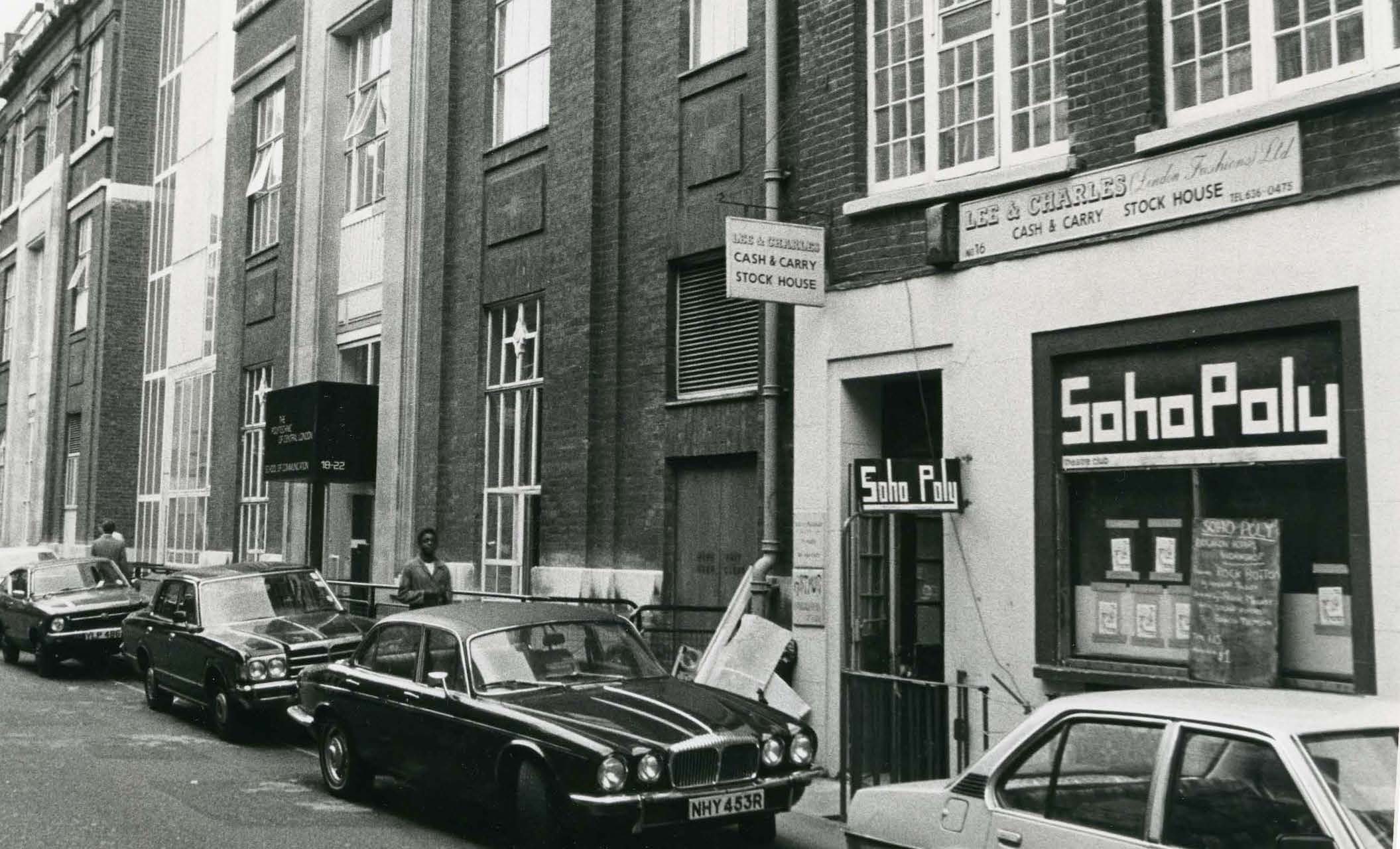
Monday 20th – Friday 24th November 2017
University of Westminster, 4-12 Little Titchfield Street London W1W 7BY
Found Theatre and Poetry: Disrupting the Everyday
As a part of the AHRC / British Academy funded Being Human Festival, the University of Westminster will be opening up London’s most important ‘lost’ theatre, the original Soho Poly Theatre, for the whole week beginning November 20th for visitors to come and see.
The Soho Poly Theatre – the radical forerunner of today’s Soho Theatre on Dean Street – operated out of a tiny basement room belonging to the University from 1972-1990. Many of the country’s best-known writers, actors, designers and directors worked here during this time. Curated by Guy Osborn and our own Matt Morrison, the project offers an opportunity to experience an exciting and varied series of events. Including a newly commissioned piece of digital theatre, live poetry readings and an exhibition of rare Nobby Clark photographs – all to be enjoyed in the specially reopened Soho Poly basement itself.
Tickets available from here
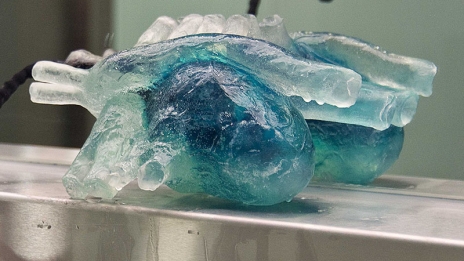
October 20th – November 16th 2017 (Private View: October 19th, 5-8 pm)
London Gallery West, University of Westminster, The Forum, Watford Road, Harrow, HA1 3TP
Hybrid Bodies
Ingrid Bachmann, Andrew Carnie, Alexa Wright
What does it mean to carry the heart of another person? Why do many heart transplants that appear clinically successful develop unexpected complications or fail? Hybrid Bodies is a multi-disciplinary research project, bringing together the arts, ethics, medicine and social sciences to investigate the complexities of heart transplantation. The project focuses on the lived experiences of heart transplant recipients, translating their stories into medical and academic literature as well as artworks.
Since 2007, artists Ingrid Bachmann, Andrew Carnie and the IMCC’s own Alexa Wright have been part of an international interdisciplinary team lead by Canadian cardiologist Dr Heather Ross and British philosopher Professor Margrit Shildrick. Uniquely for a collaborative project between artists and other specialists, the artists have worked in parallel with the scientists; exploring questions around the emotional, psychological and physiological experience of heart transplantation. The key research material is a collection of video interviews which reveal surprising levels of distress among post-transplant patients, strongly contradicting the belief that receiving a new heart is a simple solution to extending life.
Alexa Wright’s work explores the impact transplant can have on a recipient’s sense of self as a bounded and unique individual. In Heart of the Matter (2014), individual accounts of heart transplant are juxtaposed with personal narratives of lost loves and intimate relationships, forming a web of interconnected testimonies about the effects of a physical or emotional change of heart. Andrew Carnie is interested in how interconnections between different living systems can alter and extend a sense of self. A Change of Heart (2012) is a projected work based on drawings made while the artist listened to taped interviews with post-transplant patients and their analysis by social scientists. His constantly morphing figure captures a sense of everything in flux, in a continual state of becoming. Like the experience of transplant, Ingrid Bachmann’s A-part of Me (2014) is intensely physical, yet immaterial. Indicating both the challenges and benefits of empathetic listening, her sculptural listening device uses bone transducers to conduct sound to the inner ear using the skull as a resonating chamber, allowing participants to hear the narratives of the transplant recipients intimately, both in and through their body.
To find out more about this ongoing project and the people involved, visit www.hybridbodiesproject.com
First previewed in Frankfurt two years ago, Merve Verlag’s Digital Edition now delivers the complete books of Merve Verlag’s back-catalog via internet access. In 2015 a sample of 100 books was made available for open access in ePub and book-in-browser formats suitable for hand-held devices. Based on this experience – and on related trials by partner Data Futures consortium, based in the IMCC – they are now launching a permanent service at the 2017 Book Fair, with a number of significant further developments:
- subscription-based access, ranging from single volumes to complete back- and current catalogs, as well as specific bundle products. Access to all of the out-of-print back-catalog volumes, is free with new subscriptions during Book Fair week including 45 PDFs including OCR. PDF download of all volumes is offered at the flat rate of €50. Unlimited viewing and down-load is granted in perpetuity for all present and future formats, including print-on-demand, as they become available; access to one volume on the same terms is €5.
- reading using the state-of-the-art Mirador International Image Inter-operability Framework instrument, which enables multiple volumes to be opened at once and supports creation and display of Web Annotation Data Model (WADM) annotations
- private subscriber space which maintains multiple reading lists and annotations; supports membership of reader groups, enables publication of annotations for review by others and research communities
- editor community for crowd contribution to the digital edition – sign up and become the editor of the digital version of one of Merve’s books – e-mail de.merve.de for more details
long-term sustainability of digital edition texts and subscriber annotations using CERN’s Invenio library management framework – a digital library software framework for articles, books, journals, images and videos – providing multiple standards-based formats including MARC-XML and Open Archive Initiative (OAI)
Subscribe or e-mail us at de.merve.de – they’d like to hear your views as they shape the reader community. Many of the books in Merve’s current catalog will be added before the end of 2017 (as an incremental subscription) and they will completely integrate books currently in print with the new community within the next 12 months.
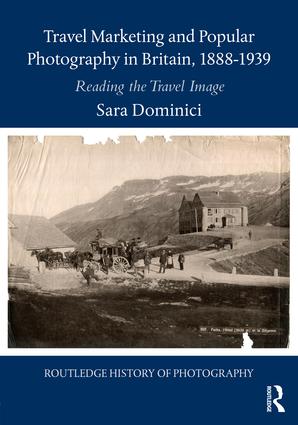
We are absolutely delighted to announce the publication of the new book by the IMCC’s Sara Dominici: Travel Marketing and Popular Photography in Britain, 1888-1939 (Routledge), which is partly based on Sara’s research in the University of Westminster’s own archives. Taking as its touchstone the image archive of the Polytechnic Touring Association, a London-based, originally philanthropic, travel firm, the book reveals the role that people’s increasing familiarity with the camera played in the travel industry’s shift from using lens-based images to mixed media.
Above all, Sara’s investigation uncovers the photographic desires of a new group of camera users – the tourist photographers: what photographs they took and why, and how this shaped how they experienced an increasing production of travel images. Through an exploration of lantern shows; the photography, travel and advertising press of the day; the work of official tour photographers; tourists’ personal photographs; and commercial photographic competitions, the book charts how the educational concerns and commercial imperatives, which successively defined the expected function of travel images, responded to these desires. As the book reveals, the relationship between popular photography and travel marketing was shaped by the different desires and expectations that consumers and institutions projected onto photography, in what became, effectively, a struggle over the interpretation of the travel image itself.
You can find out more details and order a copy here.
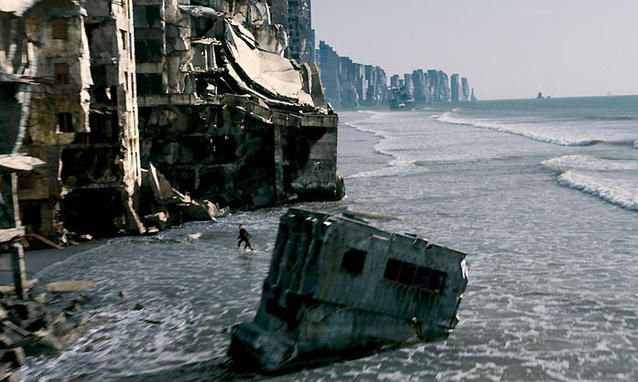
Wednesday 11th October, 5.00 – 7.00 pm
Room 206, University of Westminster, 32-38 Wells Street, London W1T 3UW
Should We Believe? The Fictional, the Virtual and the Real in the Contemporary Novel
Leigh Wilson (IMCC/University of Westminster)
Recent work from both novelists and literary critics has suggested that the contemporary novel is sick of fiction and has turned instead to the ‘real’. This paper questions this understanding of the contemporary novel and suggests instead that the most important representational model for the contemporary novel is the virtual. In establishing this, the article returns to both a history of the concept of the virtual and to Coleridge’s ‘willing suspension of disbelief’ in order to make visible the role of the virtual as a model for contemporary prose fiction.
All welcome! Followed by drinks in the Green Man …
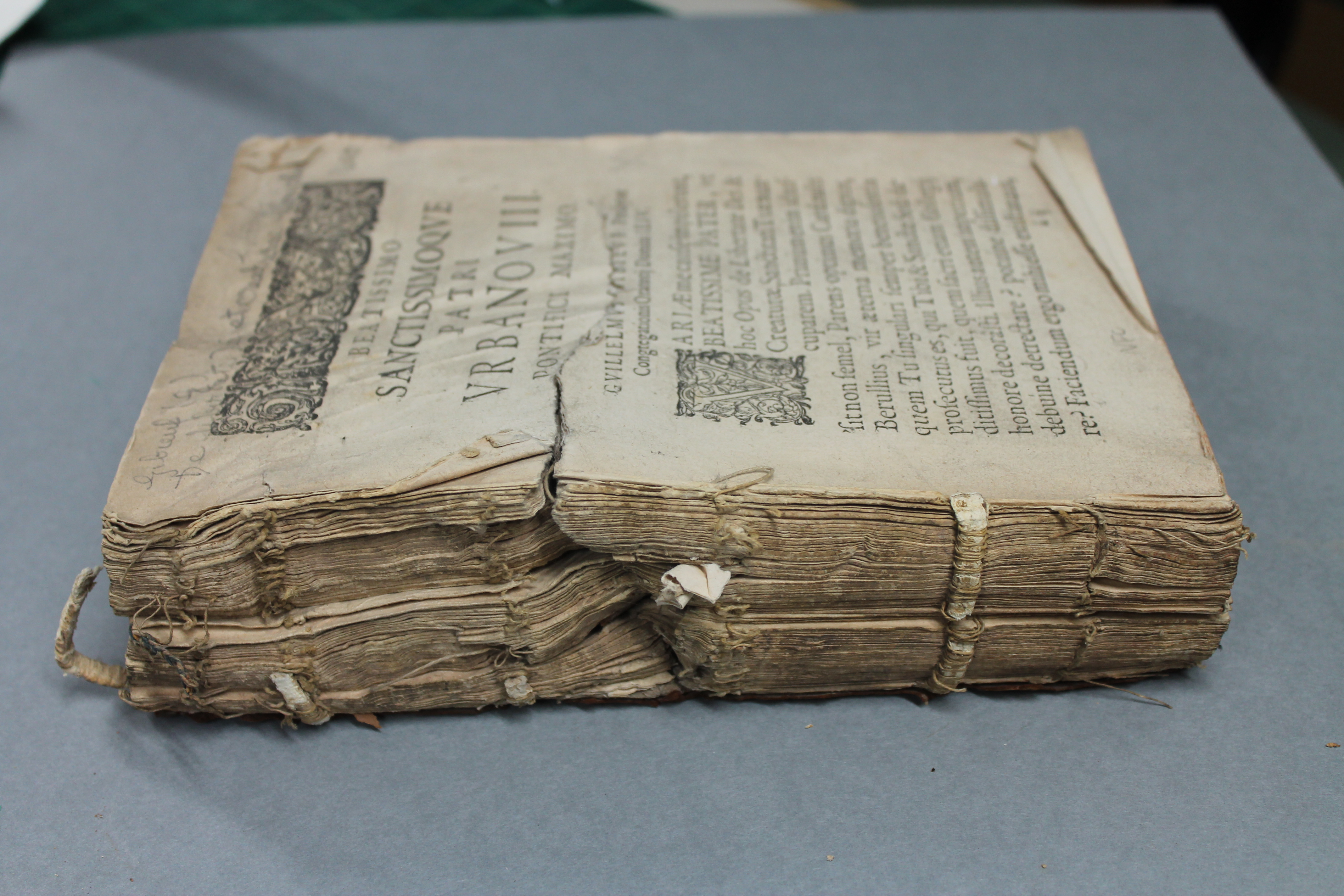
The English Literature and Cultural Studies Research Seminars hosted at the University of Westminster for 2017 are now confirmed, and there’s lots of IMCC involvement, with excellent papers about ongoing research by Leigh Wilson and Martin Willis and an exciting new series of panels organised by and for postgraduate and doctoral students. All welcome (although external visitors will need to sign-in at reception) and followed by the usual visit to the Green Man pub.
Wednesday 11 October, 5-7pm
Room 206, University of Westminster, Wells Street London W1T 3UW
Leigh Wilson (Westminster/IMCC)
“Should We Believe? The Fictional, the Virtual and the Real in the Contemporary Novel”
Wednesday 8 November, 5-7pm
Room 206, University of Westminster, Wells Street London W1T 3UW
Digital Cultures: Art, Literature and Archives roundtable
Chaired: Kaja Marczewska (Westminster/IMCC)
Wednesday 22 November, 5-7pm
Room 206, University of Westminster, Wells Street London W1T 3UW
Martin Willis (Cardiff)
“The Good Places of Sleep? Victorian Utopias, Sleep Research and Consumer Capitalism”
Wednesday 6 December, 5-7pm
Room UG04, University of Westminster, 309 Regent Street, London W1B 2HW
Materialisation of the Body in Experimental Writing roundtable
Organised by Isabelle Coy-Dibley and Sally-Shakti Willow (Westminster)
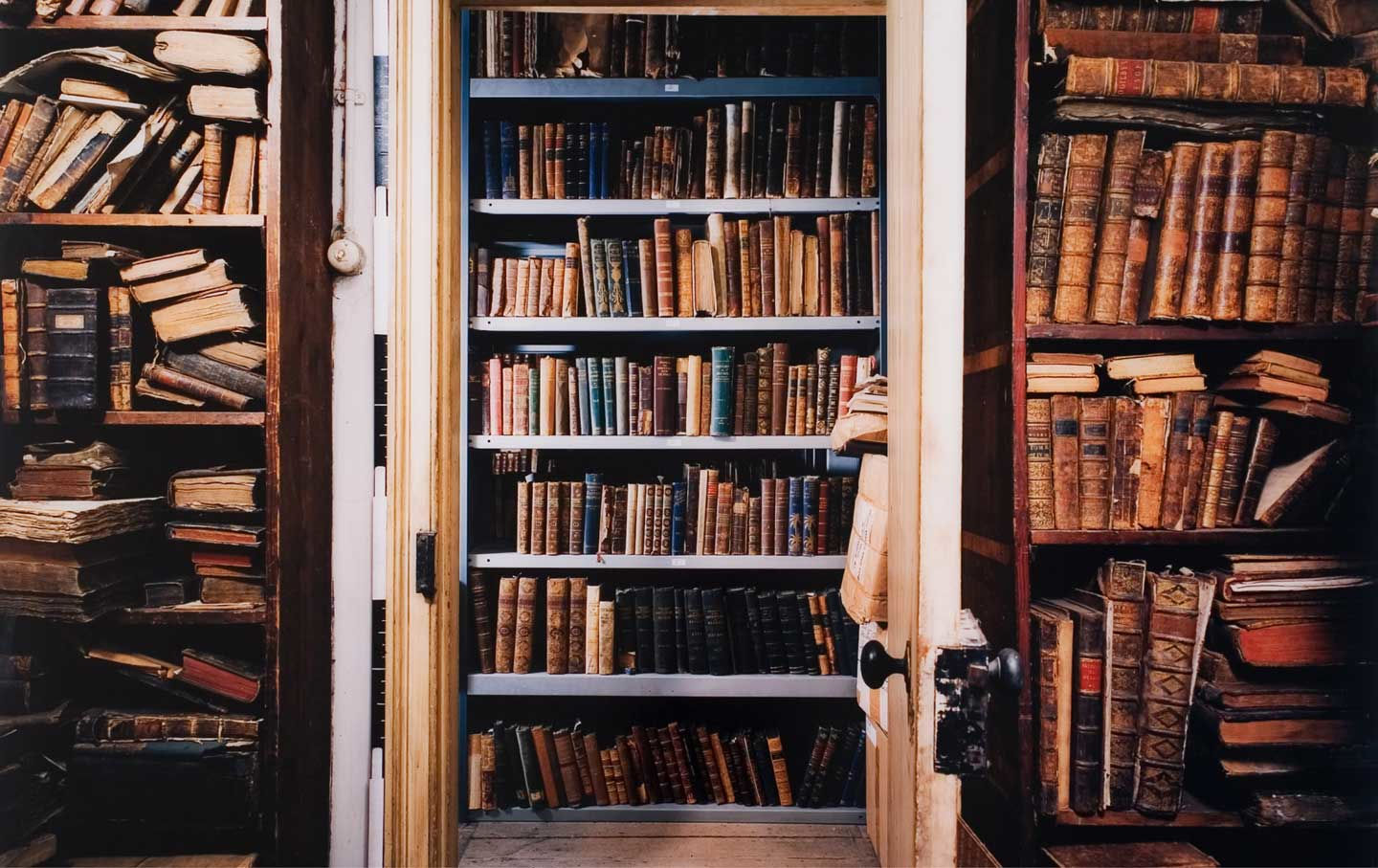
There’s an interview in French with our own Elinor Taylor about her forthcoming book The Popular Front Novel in Britain, 1934-1940 in the excellent journal période. Read it here.
J’ai commencé à m’intéresser aux rapports que la littérature entretient avec le communisme et l’antifascisme lorsque j’étais une étudiante de premier cycle. Je m’interrogeais sur la manière dont les écrits modernistes, dont on considère qu’ils ont atteint leur point culminant au milieu des années 1920, ont été transformés par la montée du fascisme et l’avènement de la Seconde Guerre mondiale. Je m’intéressais également aux écrivains prolétariens et socialistes, tout en constatant que ces figures, ainsi que les développements sociopolitiques plus vastes des dernières années de l’entre-deux-guerres, n’étaient alors que rarement abordés dans l’histoire littéraire majoritaire. […].
While we’ve got your attention: a few more recent publications by IMCC people to plug also …
The latest double issue of New Formations, on the theme of Death and the Contemporary, with contributions from Andrea Brady, Lisa Downing, Roger Luckhurst, Warren Montag, and a host of others, is co-edited by our Georgina Colby. Courtesy of the nice people at Lawrence & Wishart, you can read Georgina’s introduction to the issue for free here.
As if that wasn’t enough, our own Lucy Bond has also co-edited the recent special issue of Textual Practice on ‘Planetary Memory in Contemporary American Fiction’, including her own article on Philipp Meyer’s American Rust. Check out the issue introduction here.

Thursday 19th October 2017, 5.30 – 7.30 pm
University of Westminster, 309 Regent Street, London W1B 2HW
Women, Writing and Freedom
Keynote talk by Maureen Freely, President of English PEN
In a masculine centred literary tradition that values male over female voices, women refuse to be silenced and continue to tell the truth about their personal and political lives. Join us in exploring the politics of silence and in honouring the voices of women writers everywhere who, despite repression and invisibility, risk all to give voice to the need for liberation and freedom.
Speakers: Maureen Freely, Hema Macherla, Avril Joy, Lynn Michell
Organised by The Contemporary Small Press project at Westminster in collaboration with Linen Press, a small, independent press run by women for women.
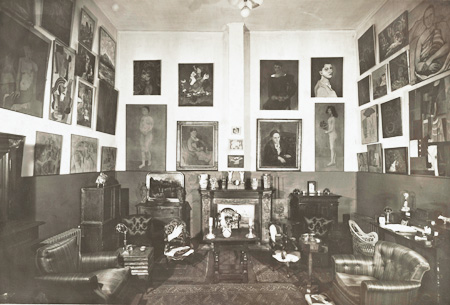
A slightly belated plug for a new project, SALON – LONDON, co-directed by our own Georgina Colby along with Professor Susan Rudy (Queen Mary University of London).
Taking inspiration from modernist salons and avant-garde little magazines, SALON is a real and a virtual space for experimental women writers, performance artists, and theorists to come together and share their work, ideas, and activism. The present socio-political climate demands that writers, artists, and academics create a community and foster dialogues that address the capacity of new writing to address current issues. SALON – LONDON will host an ongoing series of events, which will move through various artistic, private, and cultural spaces across London. In time it is envisaged that SALON – LONDON might visit New York and other U.S. cities. The events will vary in form. The series will include readings; performances; pop-up events; discussion and networking evening; and dinners and conversations with experimental women writers and feminists theorists.
Find out more on their website here: https://www.salon-london.org/
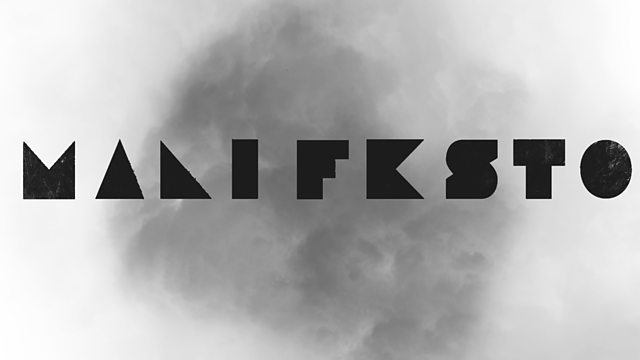
Manifesto!
For our UK listeners, BBC Radio 4 is broadcasting a series of five half-hour programmes on the Manifesto this week, including contributions from the IMMC’s David Cunningham. You can catch the first programme, broadcast on Monday 7th August, here: http://www.bbc.co.uk/programmes/b09013tg#play Subsequent episodes are at 1.45 pm each day.
When Marx and Engels published their Communist Manifesto in 1848, their rallying cry set the tone and the rhetoric of movements and revolutions to follow – in art as well as politics. Artists adopted the form, with spectacular results. The artist’s manifesto is where art and politics meet. They gave rise, and political purpose, to some of the great avant-garde art movements of the 20th century. But they also took politics into new realms of possibility, transformation and imagination. Simultaneously apocalyptic and utopian, artists’ manifestos demanded new worlds, proclaimed new communities and upset the order of things. Over five programmes, artists, historians, authors, architects and cultural critics explore how the manifesto became a creative call-to-arms and ask whether, in this new age of discontent, it still has a place in the world today. From Futurism, Dada and the Surrealists – via the neo-avant garde movements of the 1960s, Situationism, Fluxus and Auto-Destructive art – to the present, including Gilbert and George and the Stuckists, the International Necronautical Society, Black Dada and Grayson Perry’s Red Alan manifesto. Produced by Simon Hollis and Jo Wheeler
May 24, 2017, 7pm
Carroll / Fletcher, 56-57 Eastcastle Street, London W1W 8EQ
£5 tickets available here.
How Did the Computer Learn to See?
Alexander Galloway
How did the computer learn to see? A common response to the question is that the computer learned to see from cinema and photography, that is, from modernity’s most highly evolved technologies of vision. In this talk Alexander Galloway will explore a different response to the question: the computer learned to see not from cinema but from sculpture. With reference to the work of contemporary artists, along with techniques for digital image compression, we will explore the uniquely computational way of seeing the world.
This event is organised by IMCC in collaboration with Carroll / Fletcher. It will feature as part of a Critical Digital Humanities project run by the Department of English, Linguistics and Cultural Studies at the University of Westminster and Dartmouth College, USA, funded by the British Academy.
Alexander R. Galloway is a writer and computer programmer working on issues in philosophy, technology, and theories of mediation. He is author of several books, most recently a monograph on the work of François Laruelle, and is a professor in the Department of Media, Culture, and Communication at New York University.
For more information, please contact Kaja Marczewska: k.marczewska@westmister.ac.uk
Friday May 19th, 6pm
University of Westminster, 309 Regent Street, London W1B 2HW, Room UG04
Free admission, but please book here as space is limited.
Kathelin Gray, Biosphere 2 co-founder, in conversation with Dr Rob La Frenais, independent curator
Biosphere 2 was a massive project in the Arizona desert which, in 1991-94, completely enclosed 2 teams of humans, animals and plant life in a closed, sealed environment, creating laboratory conditions to study interactions in a biospheric system, to better understand global ecology, and as a spinoff, towards bio-regenerative conditions in space travel. When Biosphere 2 closed its doors in September 1991 for a two-year experiment in closed systems living and experimental ecology, it was, as it remains, years ahead of its time. The antagonisms which led to the termination of the Biosphere 2 experiment, in 1994, seem all the more absurd in retrospect, particularly in respect of the then involvement of Steve Bannon, now in the Trump administration.
Kathelin Gray who was involved throughout the experiments, says: “ It is ironic that with the reopening of the ‘space race’ to Mars, this work is now being re-examined and in some cases re-invented. The passage of time shows just how important this work was. We need to revisit ways in which we can demonstrate our impact on the ecology and the complex inter-relationships which make human existence on earth possible yet so fragile to our own impacts. Physiologically, culturally and chemically we are all earthlings. Our fate is indissolubly linked with the health of our fellow earthlings: microbes, soils, plants, animals, a concept that was once considered alternative thinking”.
There is still considerable debate about the continuing resonances of the largest project of this type that has ever taken place in the world. Much scientific knowledge was gained from Biosphere 2, despite controversy at the time. What was equally important was that it was also an art-science project, with the Institute of Ecotechnics as scientific coordinator. ‘Theatre of All Possibilities’ and ‘Theatre for the Reconstitution of Reality’ partnered in the experiment, bringing in an ongoing radical cultural experiment taking place inside Biosphere 2, “redefining performative architecture and the role of historical innovation on the world stage” (Gray). This collective, collaborative initiative has established multidisciplinary projects still ongoing worldwide, based in different ecosystems, with the Institute of Ecotechnics.
Rob La Frenais, curator of The Arts Catalyst for 17 years, founder editor of Performance Magazine and now an independent curator, himself visited and interviewed the Biospherians through the glass in the 90’s and will engage Kathelin Gray in a lively and provocative conversation about the legacy of Biosphere 2.
This event marks the launch of Proving Grounds, a new series of workshops and events organised by IMCC and the Centre for Research and Education in Arts and Media (CREAM) at the University of Westminster. The aim of the series is to critically engage with issues of inter- and trans-disciplinarity in relation to speculative, hypothetical or experimental research at the intersections of the arts, humanities and sciences. More information about Proving Grounds will be available at the event.
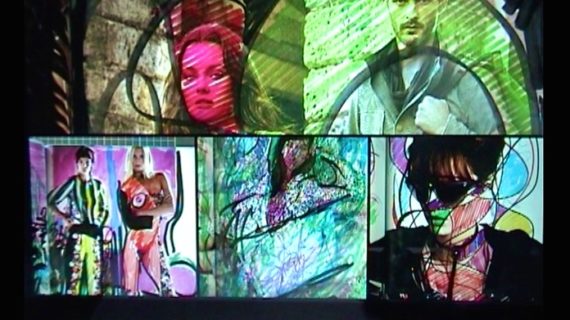
May 13th – November 26 2017
Castello 1610/A, Riva Dei Sette Martiri, Venezia 30122
Empire II
An artist-led satellite project at the Venice Biennale this year includes work by our own Steve Smith. Curated by Vanya Balogh, Empire II will feature three chambers; beginning with an extensive library, engaging in film history and theory, curated attentively by participating artists from their personal book collections and intended for browsing and perusing; leading further on to a single screen darkroom, a pulsating digital heart, showcasing a sequence of 115 imaginative short films programmed to play on the continuous loop; and on to the final imaginary space, the Virtual Reality port which will evolve over time in collaboration with various artists.
Empire II Venice will be accompanied by a 260 pages, full colour limited edition catalogue, designed and produced by Victor Hotz Studio in Switzerland, and will host a number of intermediate events during the Venice Biennale to be announced after the inauguration week. It will feature participating artists, filmmakers, critical speakers and special guests in form of presentations, special evening screenings and outdoor projections across Venice, including talks and group discussions related to film, technology, science and art.
Further info here.
Facebook event page: https://www.facebook.com/events/425050341168709/

A quick plug for the new Journal of Visual Culture Reader, a virtual themed issue, which includes material assembled from JVC’s extensive archives. To celebrate the coinciding in 2017 of the Venice Biennale, documenta, and Skulptur Projekte Münster, the ‘Exhibitionary Cultures’ reader includes – all free of charge – an array of contributions by artists, architects, academics and critics, curators, and museum and gallery educators, including David Cunningham of the IMCC’s critique (co-authored with Stewart Martin) of the Documenta 12 Magazines Project. Other pieces cover subjects as wide-ranging as the 55th Venice Biennale, the American Museum of Natural History, the Guangzhou Triennial, the Buenos Aires commons, South Africa’s Apartheid Museum, Maison des Civilisations et de L’unité Réunionnaise, the National Museum of the American Indian, the Singapore Biennale, and the Paris Universal Exposition of 1900.
Find the entirely gratis reader here: http://journals.sagepub.com/page/vcu/collections/virtual-issues/exhibitionary-cultures
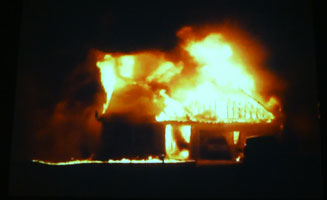
Carroll / Fletcher at Frieze New York 2017
Randall’s Island Park, May 5 – 7, 2017 (Booth B20)
Thomson & Craighead, Frame
Over the last two decades, Thomson & Craighead (b. 1969 and 1971, both UK) have developed a pioneering body of work, using technology as a means to explore one of the fundamental questions of our times: what does it mean to be human in the digital era? For Frieze New York, Carroll / Fletcher presents a selection of artworks that tackle subjects as varied as meme politics, the self-help industry, and the ever-more relevant notion of an impending apocalypse.
To download a copy of the press release, click here.
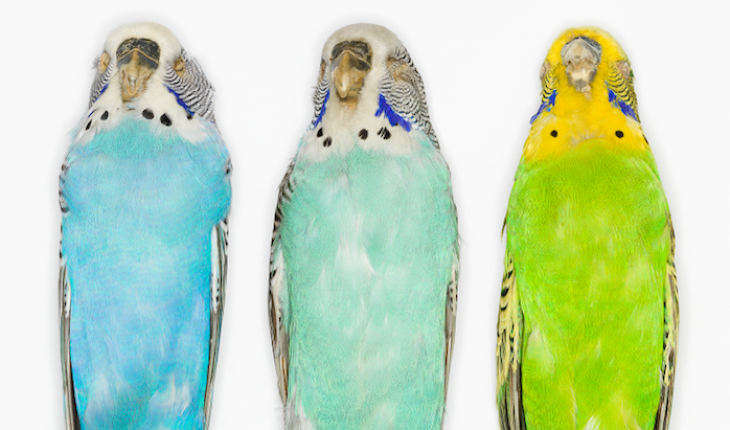
Thursday 1th May, 6.00 – 6.45 pm
Wellcome Collection, 183 Euston Road, London NW1
Making Nature: How We See Animals walking tour
Our former MA student Talita Jenman is leading a special tour of the Wellcome Collection exhibition ‘Making Nature: How we see animals‘. Talita ran the Arts & Culture programme at ZSL London Zoo before taking her MA in Art and Visual Culture. She has previously given talks at the National Gallery on artists and animals and wrote her dissertation on animals and their representation on social media.
There is no need to book (though spaces are limited). Just meet your guide beside the Information Point on level 0. Further details here.


The Institute for Modern and Contemporary Culture
University of Westminster Department of English, Linguistics and Cultural Studies
32-38 Wells Street, London W1T 3UW. United Kingdom.

